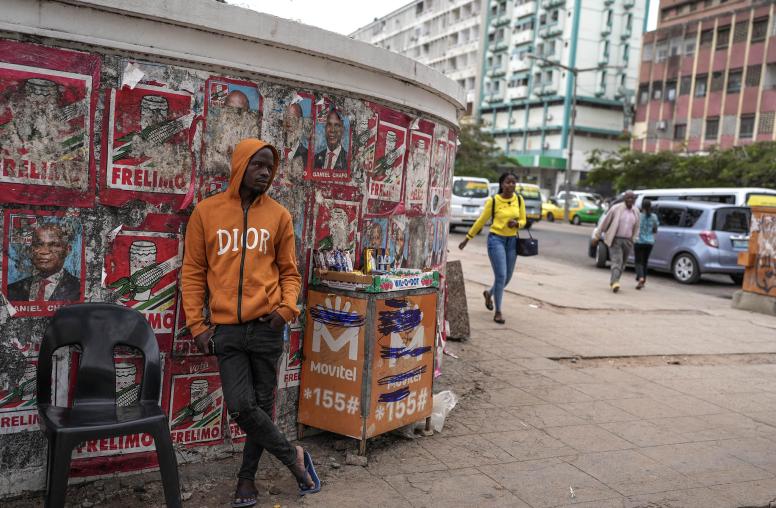East Africa and the Greater Horn
Over the last five years, economic, security and governance conditions have deteriorated considerably in East Africa and the Greater Horn due to the impacts of COVID-19, turbulent political reforms, widening violence, and attacks on Red Sea shipping. Middle Eastern states have played an increasingly influential role in the region’s peace and security while regional responses have not yet harnessed a pathway to renewed stability. Active in the Horn of Africa and Red Sea since 2005, the U.S. Institute of Peace works with U.S. policymakers and regional and local leaders to identify pragmatic solutions for ending wars and advancing American interests in security and trade. USIP’s initiatives include de-escalating regional tensions generated by the war in Sudan; advising on a national dialogue and consolidating the agreement to end hostilities in Ethiopia; countering violent extremism in Kenya through partnerships that build bulwarks against al-Shabaab; and hosting the bipartisan senior study group on peace and security in the Red Sea to provide options for advancing U.S. interests amid heightened maritime insecurity and geopolitical competition.


